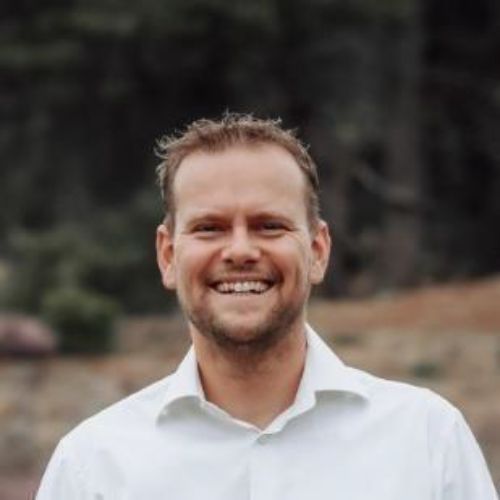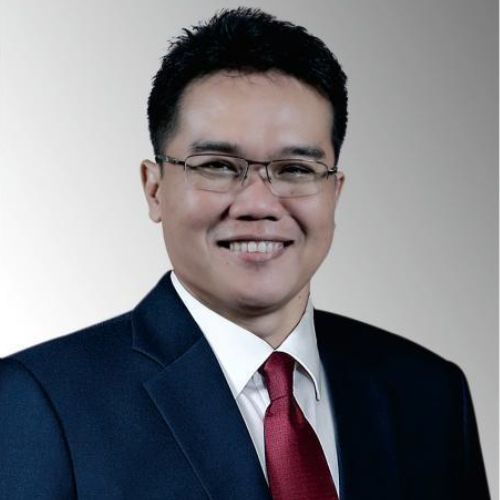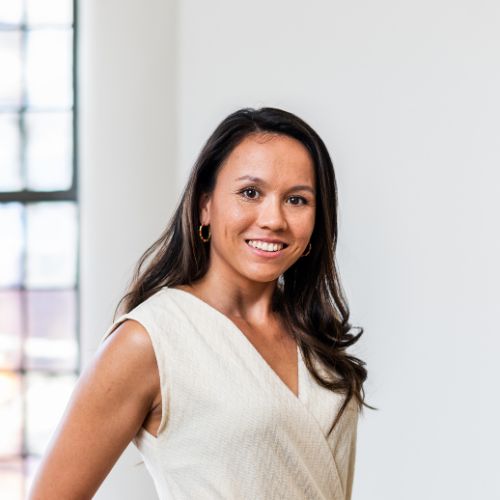Scaling Up Sustainability: Opportunities for Energy Efficiency in the Built Environment Between Indonesia and the Netherlands
Speakers

Prof. Rizal Sebastian
Professor of Future Urban System, The Hague University of Applied Sciences & Senior Advisor, The Netherlands Enterprise Agency RVO

Prof. Monika Kuffer
Professor of Sustainability of Rural-Urban Systems at the Faculty Behavioural, Management and Social Science (BMS) and the Faculty Geo-Information Science and Earth Observation (ITC), University of Twente

Prof. Bram Entrop
Professor in Sustainable Transitions in the Built Environment, Saxion University of Applied Sciences

Ir. Fauzan Alfi Agirachman, S.T., M.T., Ph.D.
Lecturer, Architecture Program, Sekolah Arsitektur, Perencanaan dan Pengembangan Kebijakan di Institut Teknologi Bandung (SAPPK ITB)

Prof. Dr. Ar. Noor Cholis Idham, I.A.I.
Head of the Department of Architecture Professor in Architecture Faculty of Civil Engineering and Planning Universitas Islam Indonesia

Nanya Burki
Director of Nuffic Southeast Asia
Event Details
How can the Netherlands and Indonesia join forces to strengthen knowledge and practice in sustainable building? Following a workshop in July in Jakarta on collaborative learning initiatives, this WINNER session takes the next step by exploring how Building Information Modelling (BIM) can support the implementation of government policy on green buildings.
At the IPMA symposium on 5 July, Indonesian Vice Minister of Public Works & Social Housing, Mrs. Diana Kusumastuti, highlighted the urgent need for more practical expertise in applying BIM within Indonesia’s green building agenda. Responding to this call, Dutch and Indonesian knowledge institutions will come together in a virtual roundtable to exchange ideas and shape a joint learning pathway—ranging from student-focused courses to professional micro-credentials.
Experts from University of Twente, Saxion, and The Hague University of Applied Sciences will share their experiences in BIM and sustainable buildings, while Indonesian partner universities will contribute local insights and ambitions. Together, we will explore opportunities for a collaborative learning track that bridges education, practice, and policy for a more sustainable future.



